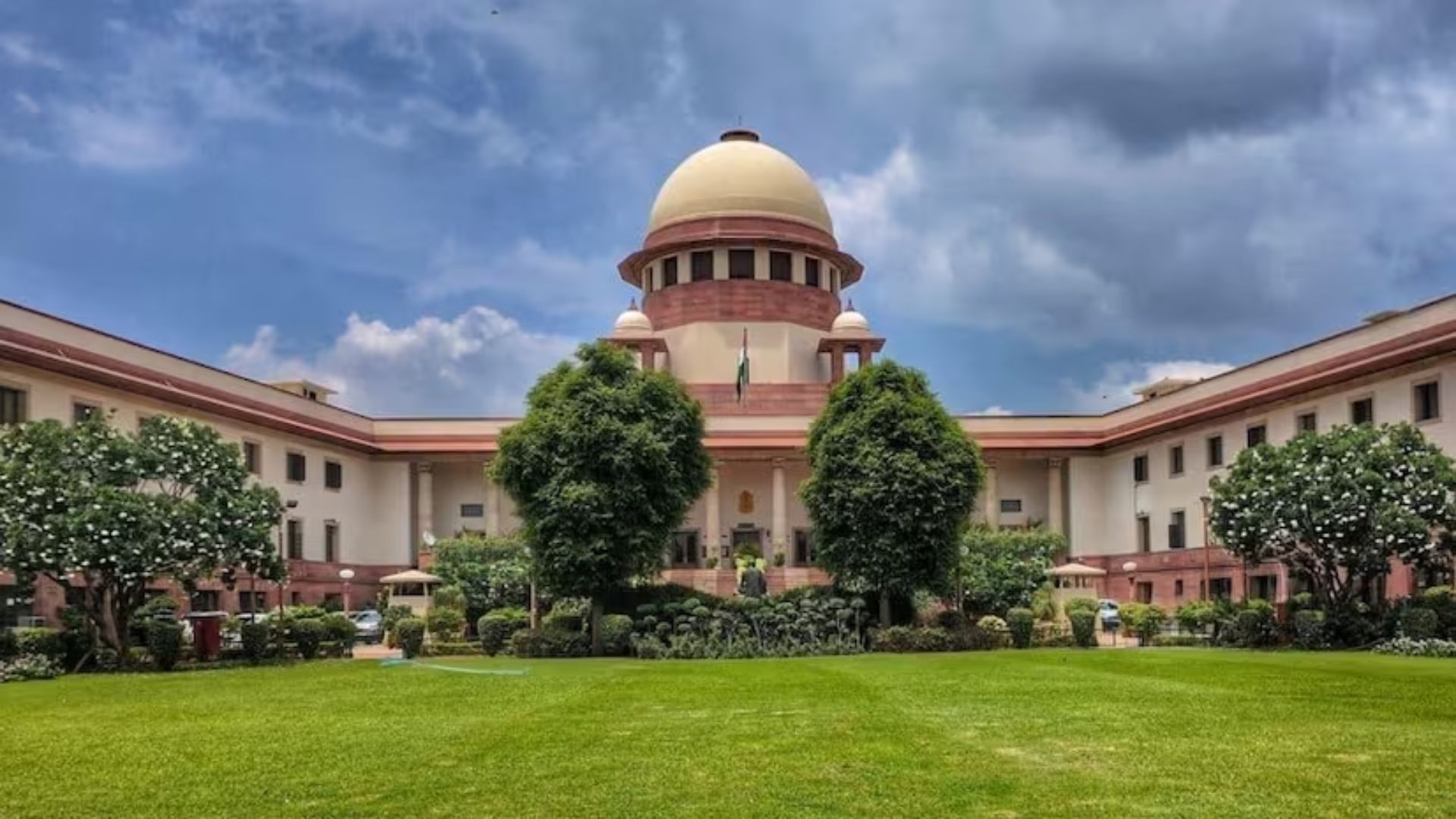The Supreme Court on Thursday stayed the inquiry initiated against Ajeet Prakash Shrivastava, Chairperson of the Madhya Pradesh Real Estate Regulatory Authority (MP RERA), citing potential procedural lapses and political interference. Issuing notice to the Madhya Pradesh government and other respondents, the court directed that the inquiry shall remain stayed until 2 April.
The writ petition under Article 32 was filed by Shrivastava, a retired IAS officer who previously served as the Additional Chief Secretary of Madhya Pradesh, challenging the legality of the inquiry proceedings purportedly initiated under Section 26 of the Real Estate (Regulation and Development) Act, 2016 (RERA Act) read with Rule 35 of the MP RERA Rules, 2017. The petition, argued by advocate Siddharth Radhelal Gupta—an alumnus of National Law Institute University (NLIU), Bhopal—contends that the inquiry was unlawfully triggered by a directive from the Secretariat of the Chief Minister of Madhya Pradesh, bypassing the statutory process mandated by law.
Shrivastava was appointed as the Chairperson of MP RERA in March 2021 by the previous state government in consultation with the High Court of Madhya Pradesh. The petition states that in the four years since his appointment, he has worked diligently without any complaints or allegations of misconduct. However, he now faces an inquiry that, according to the petition, is politically motivated and aimed at his removal. The case draws attention to a note issued by the Chief Minister’s Office (CMO) directing the cancellation of all non-official appointments in various state bodies. The petitioner argues that this directive is the basis for the attempt to oust him from his position.
The inquiry proceedings were initiated through a notice dated 20 February 2025, issued by the High Court of Madhya Pradesh at Jabalpur. The notice, signed by the Secretary to Justice Maninder S. Bhatti, directed Shrivastava to appear before the judge and respond to complaints forwarded by the Principal Secretary of the Urban Development and Housing Department. The Supreme Court was taken through multiple documents, including the notice, the CMO’s directive, and the complaint against Shrivastava, with Gupta arguing that the entire process bypassed the due
Under Rule 35, the state government is required to conduct a preliminary scrutiny upon receiving a complaint and only if a prima facie case is found, refer the matter to a High Court judge for further inquiry. The process also mandates that the final decision on removal must be taken in consultation with the Chief Justice of the High Court. The petitioner claims that these mandatory steps were completely disregarded. The Supreme Court was also informed that the High Court establishment unilaterally nominated a judge to conduct the inquiry based on a recommendation from the Chief Minister’s Secretariat, rather than through the legally prescribed process.
The petitioner further argued that the nature of the inquiry renders the High Court an interested party, making it an ineffective forum for him to seek relief, thereby justifying his direct approach to the Supreme Court. Given that the inquiry stems from a political directive rather than a lawful process, the petitioner claimed that it violates his fundamental rights under Articles 14 and 21 of the Constitution.
After hearing the arguments, the Supreme Court issued notice to the respondents, including the state government, and granted liberty for direct service to the state’s standing counsel. It observed that the matter raises serious concerns about adherence to legal procedures in the removal of independent regulatory authority heads. The court’s order ensures that until the next hearing on 2 April no further proceedings in the inquiry against Shrivastava will take place.

